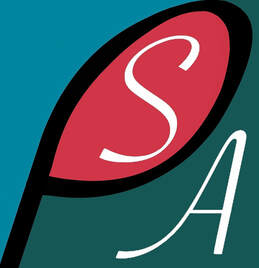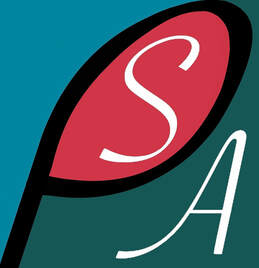|
One simple idea that came to me to help students motivate for the whole year. Tell students they start the year with an A. Structure the class so that all students will be able to send home an A in math for the first progress report. Then communicate the expectation that things will get harder and students are capable of keeping that A grade. Parents and peers might put a bit of pressure that could help motivate students to work hard to preserve that grade.
I would like some feedback and possible drawbacks on this idea?
1 Comment
10/28/2013 0 Comments Van Manen's Levels of ReflectivityOne model for the hierarchy of reflective practices for teachers.
Level One: Teaching Techniques and their Effects Level Two: Justifying Educational Practices and Goals Level Three: Relating School Practices to Larger Social Issues Source: Van Manen, "Linking Ways of Knowing with Ways of Being Practical." Curriculum Inquiry, v.6. 1997, pp. 205-228. Have students work on various assignments in content specific tasks. Have the student share what they have learned with the class or a subset of the class. By having a group of students that are experts in at least one area each, gives you people to call on for specific ideas.
Any strategy to create authorities in the classroom for different concepts gives students the chance to claim understanding and yields an opportunity for expertise which builds the possibility for future mastery. 10/28/2013 1 Comment Formative assessment strategies.Some ideas for techniques to integrate formative assessment into your classroom:
|
By: Mr. WoodfordI will reflect on ideas and practices I learn through my formative years as a classroom math teacher. Archives
August 2018
Categories |
Search by typing & pressing enter

 RSS Feed
RSS Feed
